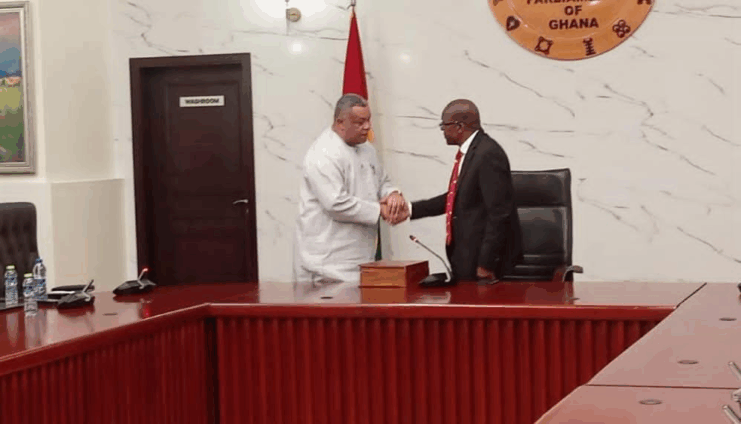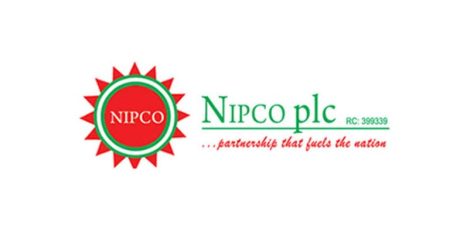Ghana is poised to embark on a transformative economic journey with the official launch of its ambitious 24-hour economy programme slated for Wednesday, July 2, 2025. This flagship initiative, a key campaign promise of the National Democratic Congress (NDC) during the 2024 elections, aims to revolutionize the nation’s economic landscape by fostering continuous business activity across all sectors, thereby boosting job creation and significantly enhancing national productivity. The policy represents a fundamental shift in Ghana’s economic model, moving away from traditional daytime-centric operations towards a dynamic, round-the-clock system designed to maximize output and unlock the country’s full economic potential.
The 24-hour economy policy is anchored on three fundamental pillars: transforming the production base, strengthening market and supply chain systems, and expanding human capital. These pillars provide the bedrock for the policy’s implementation and are further supported by eight strategic sub-programmes, each designed to address specific aspects of the 24-hour economy vision. This comprehensive approach underscores the government’s commitment to ensuring the policy’s success and its long-term sustainability. The emphasis on these core pillars highlights the integrated nature of the program, recognizing the interconnectedness of production, efficient markets, robust supply chains, and a skilled workforce in driving sustainable economic growth.
The eight sub-programmes outlined in the policy blueprint provide a more granular view of the government’s strategic approach. “Roll 24” focuses on modernizing the agricultural sector, a key component of Ghana’s economy, to ensure continuous production and supply of agricultural products. “Make 24” aims to revitalize the industrial and manufacturing sectors, promoting value addition and increased output through extended operational hours. “Connect 24” is dedicated to enhancing supply chain efficiency, ensuring seamless movement of goods and services around the clock. “Aspire 24” seeks to foster a productivity-focused cultural mindset amongst Ghanaians, emphasizing the importance of continuous improvement and innovation. These targeted interventions aim to create a synergistic effect, optimizing each sector’s contribution to the overall 24-hour economy.
Beyond these core sub-programmes, the policy incorporates other crucial elements designed to further enhance its impact. A significant component is the integration of digital skills training within the Technical and Vocational Education and Training (TVET) system. This initiative recognizes the growing importance of digital literacy in the modern economy and aims to equip Ghanaian youth with the skills necessary to thrive in the evolving job market, particularly within a 24-hour operational framework. The focus on digital skills development will not only enhance individual employability but also contribute to the overall competitiveness of the Ghanaian economy in the global digital landscape.
The “Show Ghana” initiative adds another dimension to the 24-hour economy policy. This platform aims to leverage Ghana’s rich cultural heritage to boost tourism and generate foreign income. By showcasing Ghana’s unique cultural assets on a global stage, the initiative hopes to attract international visitors and promote cultural exchange, thereby contributing to economic growth and diversification. This strategic move recognizes the potential of the cultural sector to contribute significantly to the national economy and create employment opportunities, particularly within the context of a 24-hour operational model.
The Speaker of Parliament, Alban Bagbin, while welcoming the initiative, emphasized the need for robust legal frameworks to ensure its long-term sustainability. He urged the 24-hour Economy Secretariat to collaborate closely with Parliament to develop legislation that would protect the policy from potential disruptions due to changes in political leadership. This call for legislative backing underscores the importance of establishing a solid legal foundation for the policy, ensuring its continuity and effectiveness irrespective of future political transitions. This legal framework would safeguard the policy’s core principles and objectives, providing a stable environment for its implementation and long-term success.
The launch of the 24-hour economy programme marks a significant milestone in Ghana’s economic development. By fostering continuous economic activity, the initiative promises to create numerous job opportunities, enhance productivity, and propel the nation towards greater economic prosperity. The policy’s comprehensive approach, encompassing key sectors and emphasizing human capital development, reflects a long-term vision for sustainable and inclusive growth. The July 2nd launch date signifies the beginning of a transformative chapter in Ghana’s economic journey, with the potential to redefine the nation’s economic landscape and position it as a leader in innovative economic models. The government’s commitment to this ambitious undertaking signals a strong belief in Ghana’s potential and a determination to unlock its full economic potential.














